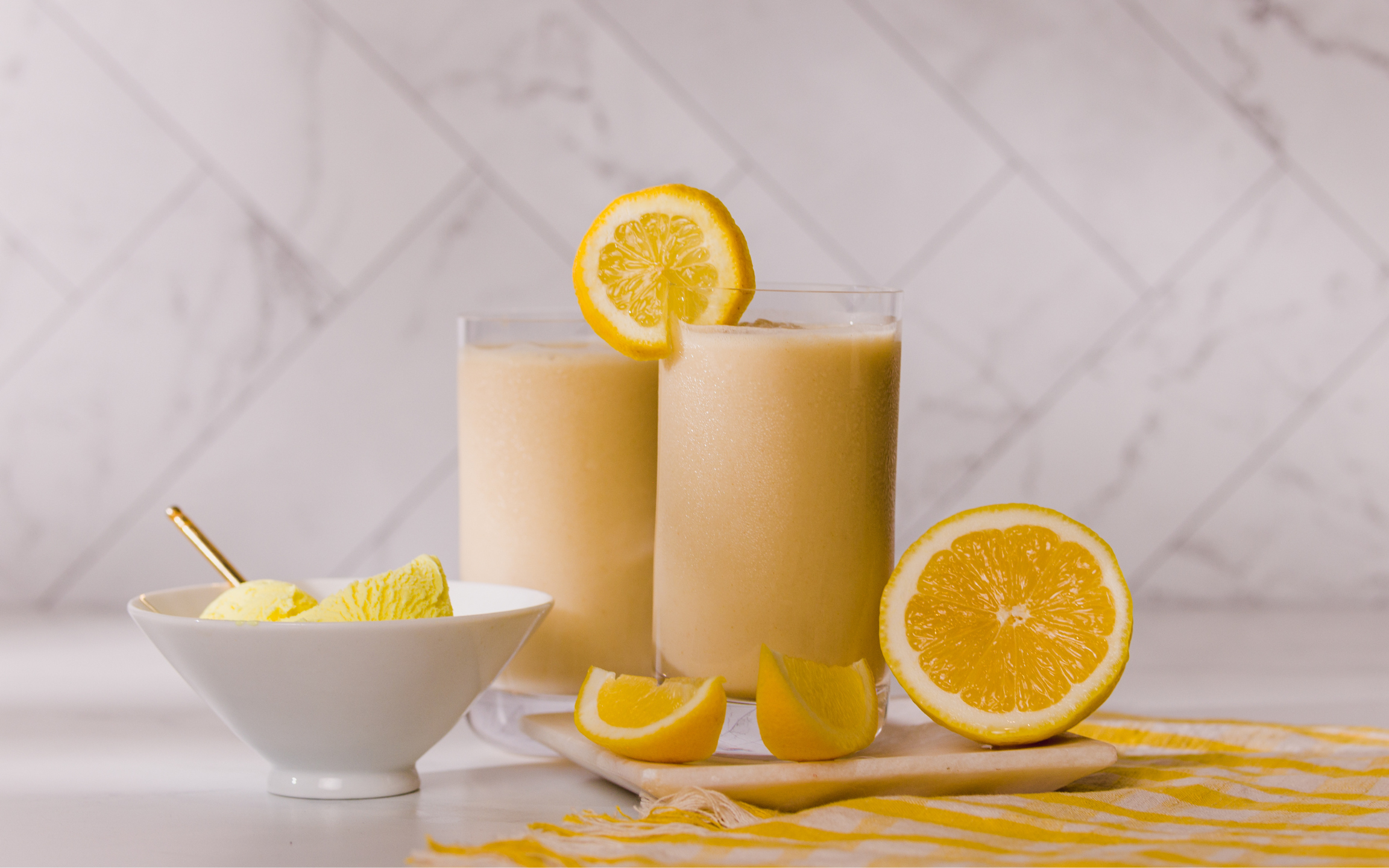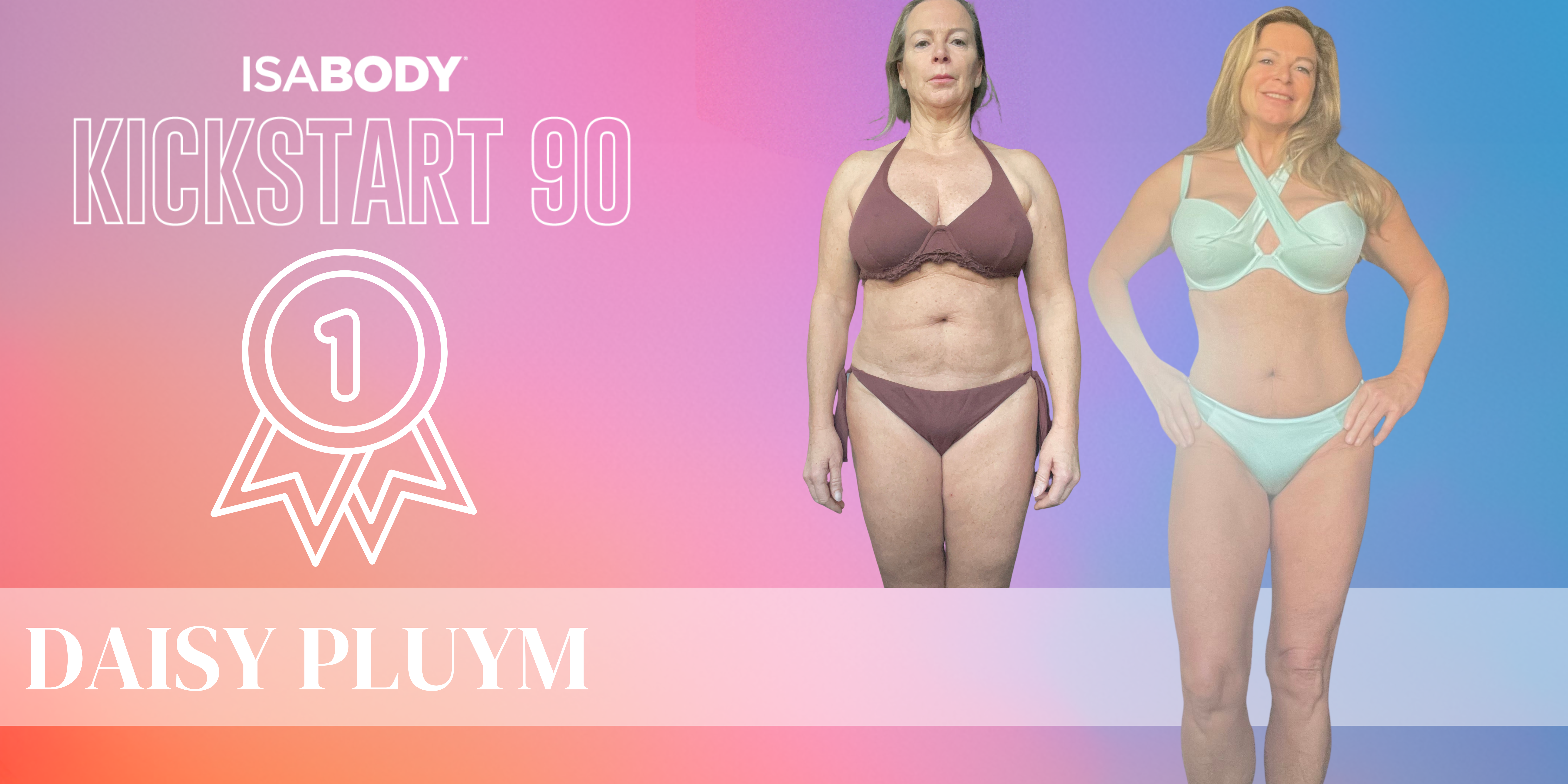The Benefits of Electrolytes
May 14, 2018,
Rebecca Haresign

We all know and love the flavour and function of AMPEDTM Hydrate when we work out, but how much do you know about the science behind this product? AMPED Hydrate is a carbohydrate-electrolyte sports drink, and is designed to support endurance performance and enhance hydration during physical exercise*.
Electrolytes
When we sweat, we lose water, but in addition we also lose electrolytes. Electrolytes, like sodium and potassium, are electrically charged minerals that travel through the blood and other extracellular fluids (1). These minerals have important roles in many processes within the body and must be replaced during and after exercise to restore the balance (2).
On food labelling it’s common to see a value for ‘salt’, which is a combination of two minerals – sodium and chloride. For every 2.5g of salt, this is equivalent to around 1g of sodium (3).
Sodium is the most highly concentrated electrolyte lost in sweat, and its function in the body is to help balance the level of fluids (1, 2). Sodium is a positively charged ion, and works in contrast with the negatively charged ion potassium. This creates a cell membrane potential, which is essential for normal muscle and nerve function (4).
It’s particularly important that sodium levels are maintained during a workout. If sodium levels are low, the amount of circulating fluids can be reduced, which can result in less blood volume and lowered blood pressure, potentially causing fatigue (5).
Carbohydrates
In addition to electrolytes, it’s also important to restore your body’s energy stores after your workout. There’s increasing research to show that consuming carbohydrates during a workout can improve performance, endurance and recovery (6, 7). Consuming carbohydrates after exercise also has benefits, as your muscles are ready to store glycogen at a much faster rate (8, 9). The type of carbohydrate you’re consuming post-workout also plays an important factor. Complex carbohydrates need to be broken down by the body before they can be absorbed in the small intestine. However, monosaccharides, or simple sugars, like those found in AMPED Hydrate, are delivered to the small intestine for absorption more quickly as they don’t need to be broken down.
As AMPED Hydrate provides you with a combination of carbohydrates and electrolytes, these two components work together to stimulate the uptake of sugar and water in the small intestine to help with rehydration* (10).
* Carbohydrate-electrolyte solutions contribute to the maintenance of endurance performance during prolonged endurance exercise and enhance the absorption of water during physical exercise.
References
- NHS Choices. Vitamins and minerals. 2017. Available at:http://www.nhs.uk/Conditions/vitamins-minerals/Pages/Other-vitamins-minerals.aspx (accessed 05/09/2017)
- Sawka MN, Montain SJ. Fluid and electrolyte supplementation for exercise heat stress. Am J Clin Nutr 2000;72(suppl):564S-72S
- Salt and sodium. Available at: http://www.bbc.co.uk/guides/zxnppv4#zyk99j6 (accessed 20th April 2018)
- Higdon J. Sodium (Chloride). Linus Pauling Institute: Micronutrient Research for Optimum Health. 2004 Feb.
- Sahay M, Sahay R. Hyponatremia: A practical approach. Indian J Endocrinol Metab. 2014 Nov-Dec; 18(6): 760–771
- Rowlands DS, Swift M, Ros M, Green JG. Composite versus single transportable carbohydrate solution enhances race and laboratory cycling performance. Appl Physiol Nutr Metab 2012 Jun;37(3):425-36
- Wallis GA, Hulston CJ, Mann CH, Roper HP, Titpon KD, Jeukendrup AE. Postexercise muscle glycogen synthesis with combined glucose and fructose ingestion. Med Sci Sports Exerc 2008 Oct;40(10):1789-94
- Thomas DT, Erdman KA, Burke LM. American College of Sports Medicine Joint Position Statement. Nutrition and Athletic Performance. Med Sci Sports Exerc 2016;48(3):543-568
- Ivy JL, Katz AL, Cutler CL, Sherman WM, Coyle EF. Muscle glycogen synthesis after exercise: effect of time of carbohydrate ingestion. J Appl Physiol 1988;64(4):1480-1485
- Shirreffs SM. Hydration in sport and exercise: water, sports drinks and other drinks. Nutr Bull 2009;34:374-379




